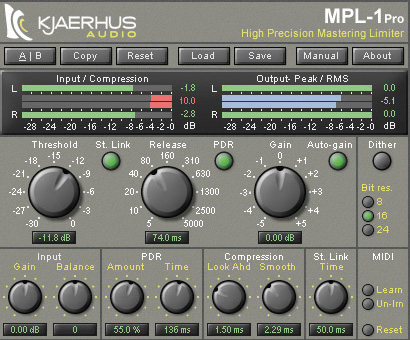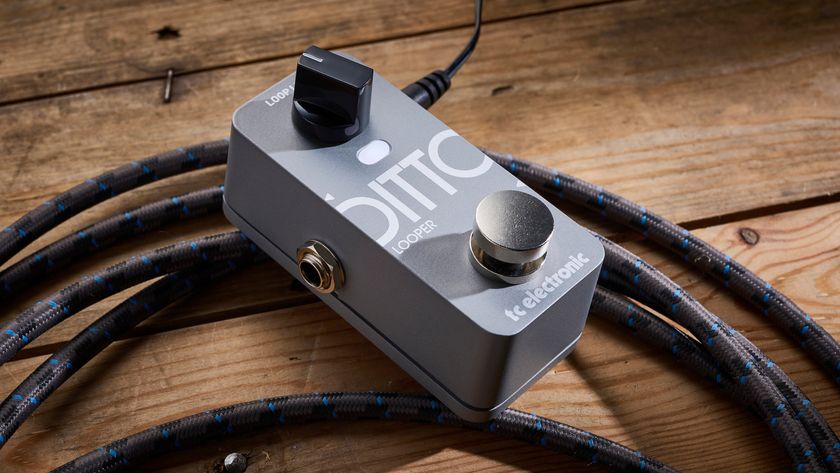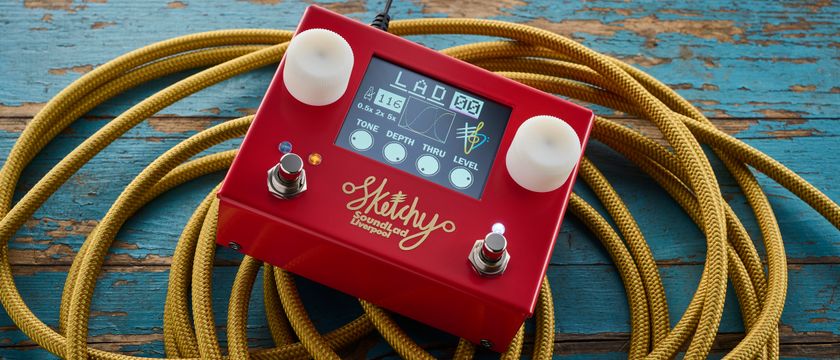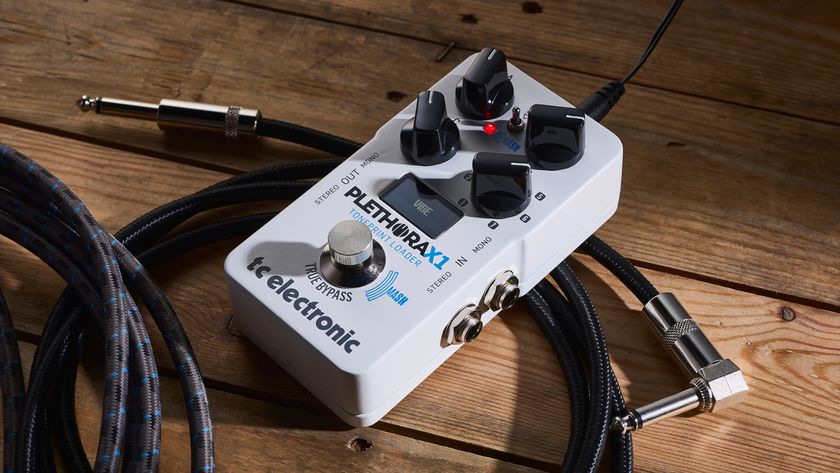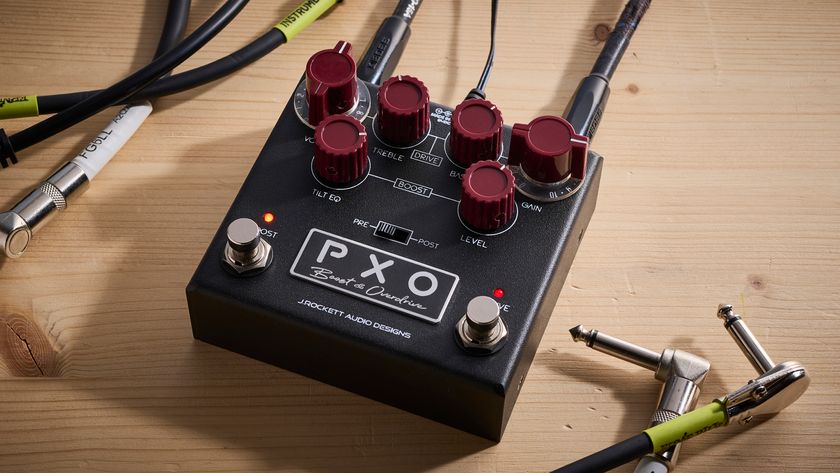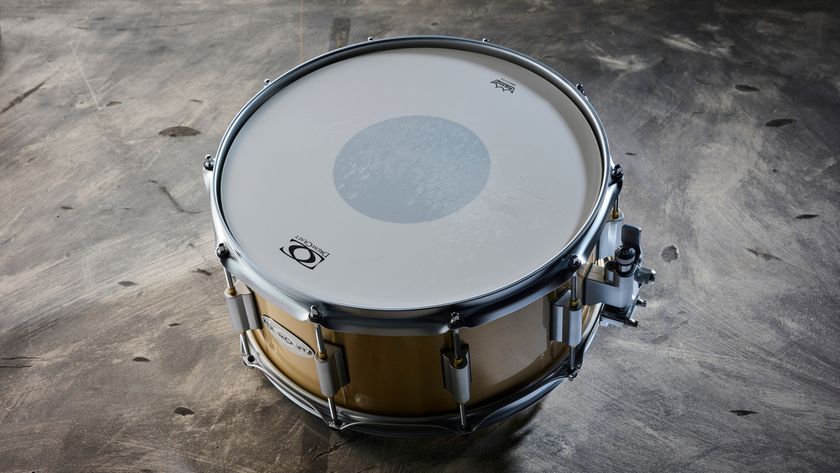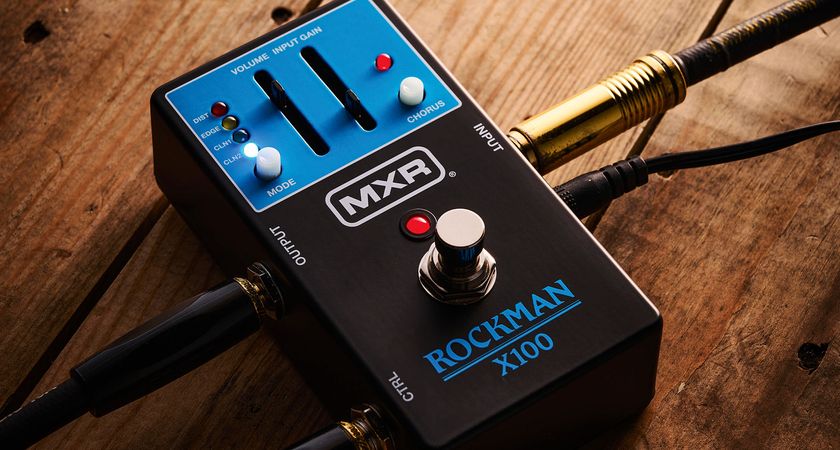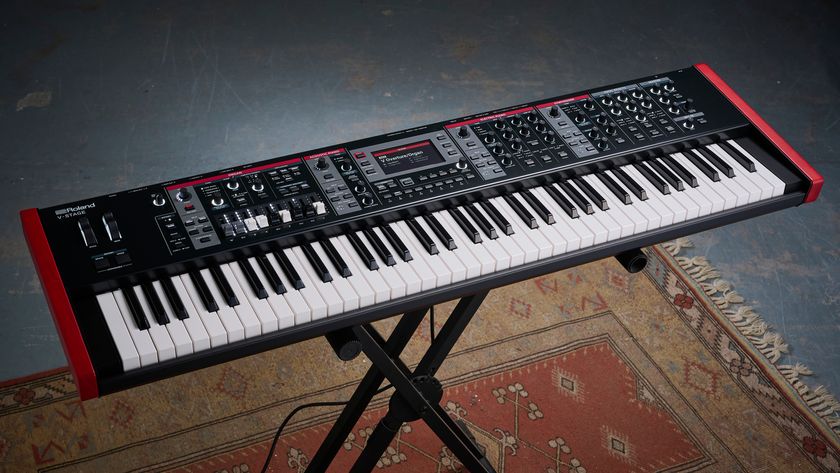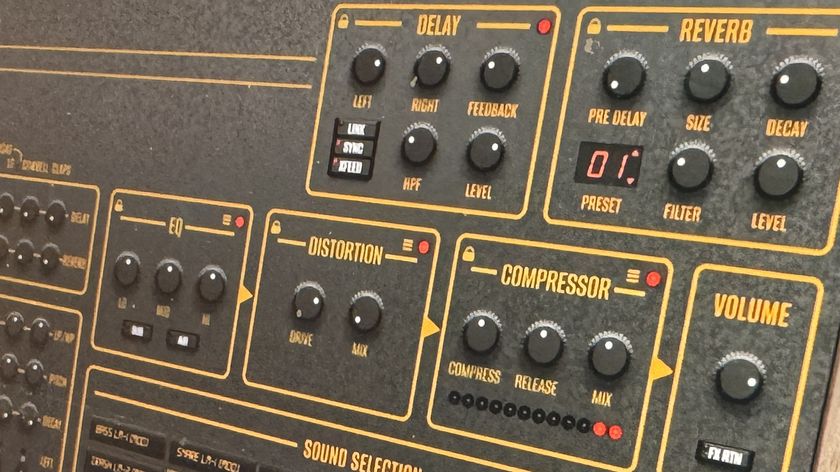MusicRadar Verdict
Another great plug-in from Kjaerhus. There are loads of limiters out there, but the MPL-1 more than holds its own.
Pros
- +
Almost transparent when used at oderate settings. Excellent metering. Well designed interface. Low CPU consumption. Good value for money.
Cons
- -
Output dithering lacks noise-shaping options. Lacks a bit of character for some applications.
MusicRadar's got your back
It takes balls to enter the limiter plug-in market at present. After all, countless developers are competing for the honour of being the ones to put that ‘final polish´ on your mix.
Luckily for Kjaerhus, they´re a company who´ve earned a reputation for producing quality plug-ins that go the extra mile in terms of both sound and flexibility. The MPL-1 Pro Mastering Limiter is no exception, as it delivers an extremely musical sound and some unique features.
Installing the plug-in is a breeze, and the first time you load the MPL-1 it becomes apparent that the interface is very clear and doesn´t hog your screen. The familiar Threshold and Release controls are located across the middle of the GUI, and sit alongside the Gain control (this is set to Auto by default). Smaller knobs are used to tune the limiter´s response - in particular, the maximum release time when the Program Dependent Release is activated - and to put you in control of the Stereo Link Time.
The top of the window is occupied by an excellent metering section that features an RMS level meter. This more accurately represents the way we perceive average loudness than peak metering, and we´re amazed that this type of metering isn´t included as standard on all mastering limiters.
Volume
Kjaerhus are keen to market the MPL-1 Pro as a transparent final limiter, and in that respect, they really have nailed it. Between 6-8dB of limiting is effectively completely transparent on a well balanced mix; the plug-in simply adds punch and overall loudness with no shift in frequency balance. The limiter´s smoothness is due in part to the peak detector input being oversampled to reduce any peak detection errors, while the Program Dependent Release implementation is one of the best and most intuitively tweakable auto release settings we´ve heard.
You can get the limiter pumping at high gain reductions for extreme effects, but the MPL-1 isn´t designed as an ‘effects´ limiter, so this isn´t its strongest point. The final output can be dithered to 8-, 16- or 24-bit, and though the dithering options are limited, they do get the job done.
The MPL-1 Pro has a reassuringly open sound to it, and while the jury is still out on whether the loudness arms race is a good or bad thing for music, the fact remains that if you want to transparently boost your final master, you really can´t go wrong with this.
MusicRadar is the number 1 website for music makers of all kinds, be they guitarists, drummers, keyboard players, djs or producers...
GEAR: We help musicians find the best gear with top-ranking gear round-ups and high- quality, authoritative reviews by a wide team of highly experienced experts.
TIPS: We also provide tuition, from bite-sized tips to advanced work-outs and guidance from recognised musicians and stars.
STARS: We talk to musicians and stars about their creative processes, and the nuts and bolts of their gear and technique. We give fans an insight into the actual craft of music making that no other music website can.

“It was the first kind of rock monster that we'd created”: How an explosive 2001 switch-up revealed just how ferocious Muse could get

“Let them wallow in Walt Disney woke expectations”: John Lydon’s message to the reformed Sex Pistols

“Entrance Song is a massive 808 sub and a 909 kick. Those two shouldn’t work together - I’m not sure they were even in key”: Eats Everything on his ever-changing approach to production and DJing
